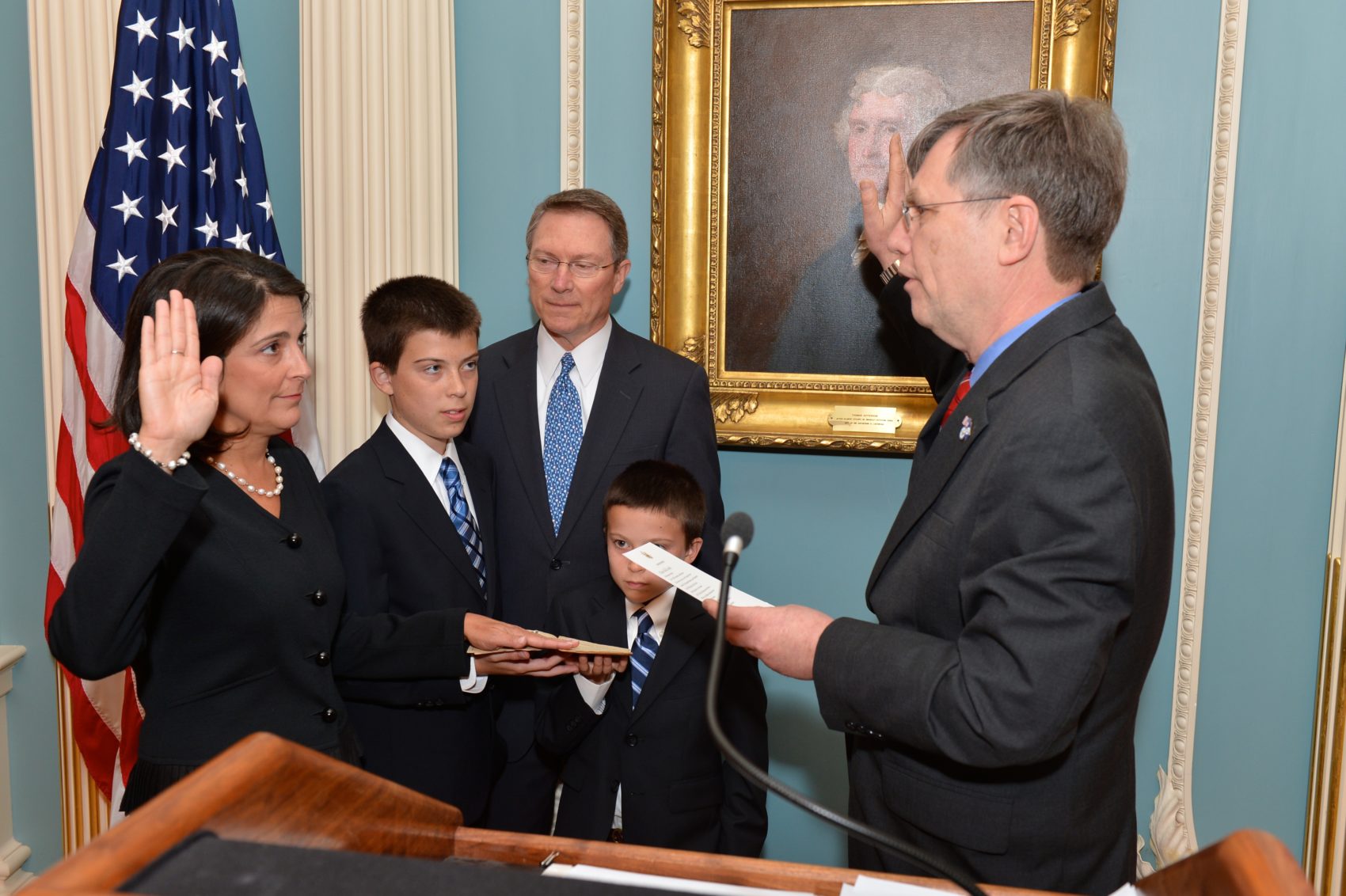In this blog post, we will be discussing diplomats and ambassadors, specifically in the context of government representatives. As an experienced professional in the business jet charter industry, this topic is important because it sheds light on a specific type of clientele that may require our services. Throughout this article, we will explore the roles and responsibilities of diplomats and ambassadors, as well as the unique challenges they face when it comes to travel. By the end, you will have a better understanding of how our services can cater to the needs of these prestigious individuals.
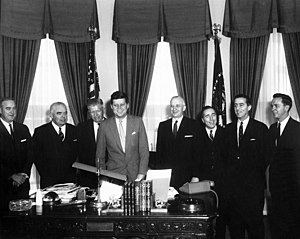
This image is property of upload.wikimedia.org.
Introduction
In the world of international relations, diplomats and ambassadors play a crucial role as government representatives. They serve as the face of their countries, working to promote national interests, maintain diplomatic relations, and contribute to global diplomacy. This article will explore the definition, responsibilities, and challenges faced by diplomats and ambassadors, as well as the various types of diplomats and their roles within diplomatic missions.
What is a Diplomat?
Definition of a diplomat
A diplomat is an individual who is appointed by their government to represent their country’s interests abroad. They engage in diplomatic negotiations, maintain diplomatic ties, and work to resolve conflicts and disputes between nations. Diplomats are often stationed in embassies or consulates and act as intermediaries between their government and the host country.
Role and responsibilities
The role of a diplomat varies depending on their specific posting and the nature of the diplomatic mission. However, some common responsibilities include:
- Representing their country at official events and meetings
- Promoting diplomatic relations and fostering good relations with the host country
- Gathering and analyzing political, economic, and social information relevant to their country
- Negotiating treaties, agreements, and resolving disputes
- Protecting the rights and interests of their country’s citizens abroad
- Providing consular services, such as issuing visas and assisting with emergencies
Qualifications and training
To become a diplomat, individuals usually undergo rigorous training and education in the field of international relations, law, or political science. Many countries require candidates to pass competitive examinations and assessments before being appointed as diplomats. Additionally, language skills, cultural understanding, and diplomatic etiquette are important qualifications for diplomats, as they need to effectively communicate and navigate diverse international environments.
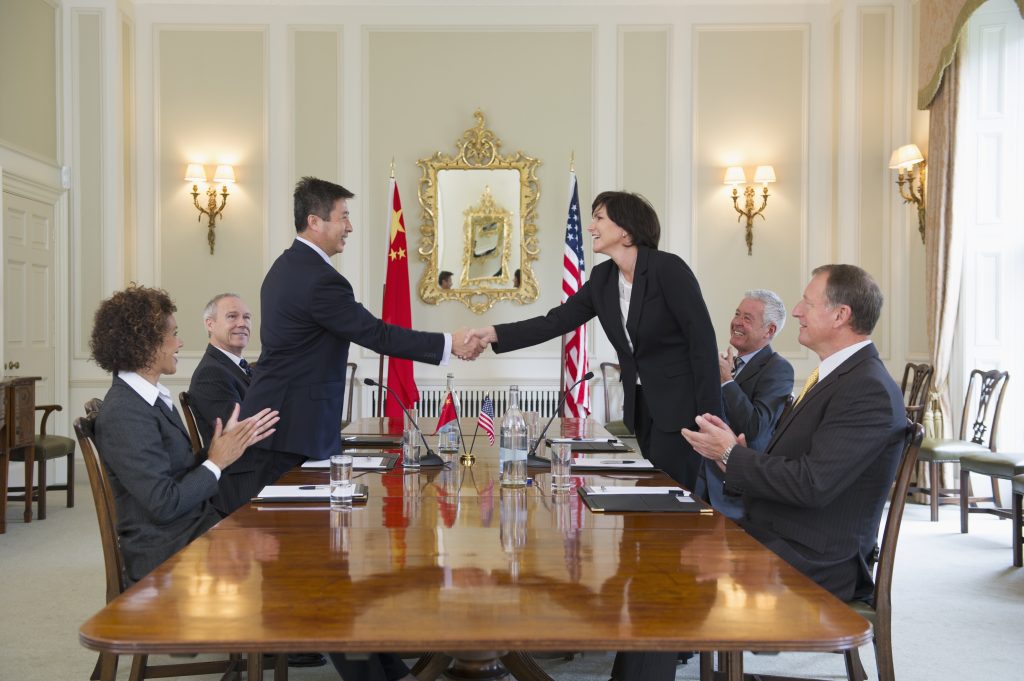
This image is property of s3-us-west-1.amazonaws.com.
Types of Diplomats
Career diplomats
Career diplomats are individuals who have dedicated their professional lives to diplomatic service. They usually join the foreign service of their country and progress through various ranks and postings over the course of their career. Career diplomats often undergo extensive training programs and are well-versed in the intricacies of diplomacy. They bring a wealth of experience and expertise to their roles and are considered the backbone of a country’s diplomatic corps.
Political appointees
Political appointees, as the name suggests, are individuals who are appointed to diplomatic roles based on their political affiliations or connections. Unlike career diplomats, political appointees may have limited experience or knowledge of diplomacy. However, they often bring unique perspectives and insights to their roles, particularly if they have a deep understanding of a specific issue or region. Political appointees can be beneficial in fostering political relationships and advancing government agendas.
Honorary diplomats
Honorary diplomats are individuals who are appointed as diplomats on an honorary basis. They are typically prominent figures in fields such as business, academia, or the arts, and they use their influence and connections to promote diplomatic relations and cultural exchange between countries. Honorary diplomats do not receive salaries or diplomatic immunities but may enjoy certain privileges and access during their tenure.
Diplomatic Immunity
Explanation of diplomatic immunity
Diplomatic immunity is a concept that grants certain legal protections and privileges to diplomats and their families while they are serving abroad. It ensures that diplomats can perform their duties without fear of harassment, arrest, or prosecution by the host country’s authorities. Diplomatic immunity is based on the principle of reciprocity, meaning that countries grant the same privileges to diplomats of other nations as they expect for their own diplomats.
Privileges and exemptions
Diplomatic immunity grants diplomats several privileges and exemptions, including:
- Immunity from criminal jurisdiction: Diplomats cannot be arrested, detained, or prosecuted by the host country for any criminal offenses. However, their home country can waive their immunity in certain cases.
- Inviolability of premises: Diplomatic missions, such as embassies and consulates, are considered inviolable and cannot be entered or searched without the consent of the hosting country. This ensures the safety and security of diplomats and their diplomatic correspondence.
- Exemption from taxes and duties: Diplomats are exempt from paying certain taxes, customs duties, and other fees imposed by the host country. This exemption applies to both personal and official goods.
- Freedom of movement and travel: Diplomats can move freely within the host country and can travel in and out of the country without being subject to immigration controls.
Limits and controversies
While diplomatic immunity is essential for diplomats to carry out their duties effectively, it has also given rise to controversies and challenges. In some cases, diplomats have abused their immunity, leading to tensions between countries. There have been instances where diplomats have committed serious crimes, such as espionage or diplomatic misconduct, and have been able to evade prosecution due to immunity. Such incidents have sparked debates on the need to balance diplomatic privileges with accountability.
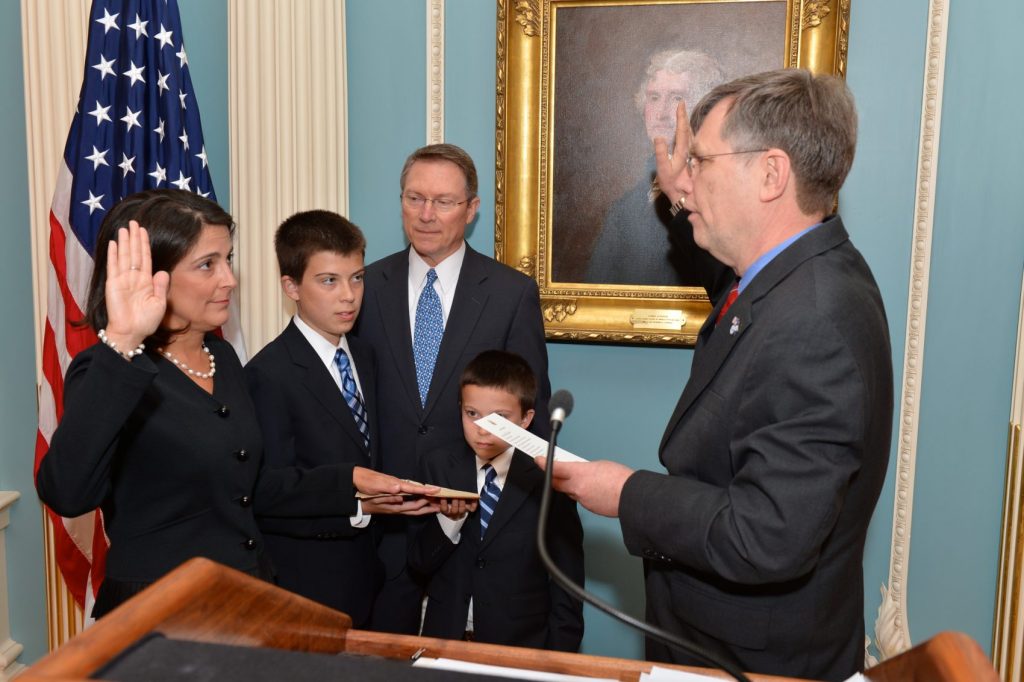
This image is property of providencemag.com.
Diplomatic Missions
Embassies and consulates
Embassies and consulates are the primary platforms for diplomatic missions. An embassy is usually located in the capital city of the host country and serves as the main diplomatic outpost. It houses the ambassador and the diplomatic staff, who represent their government’s interests and engage in bilateral relations with the host country. Consulates, on the other hand, are secondary diplomatic offices located in various cities within the host country. They provide consular services and support to their citizens, such as issuing passports, visas, and providing assistance during emergencies.
Functions and operations
Diplomatic missions, including embassies and consulates, perform a wide range of functions and operations. These include:
- Representing their country at official events, meetings, and negotiations
- Maintaining contacts with the host country’s government and other international organizations
- Promoting trade and economic relations between their country and the host country
- Providing consular services to their citizens, such as passport issuance, visa applications, and assistance during emergencies
- Reporting on political, economic, and social developments in the host country and analyzing their impact on the home country
- Engaging in cultural and public diplomacy activities to promote a positive image of their country and enhance people-to-people exchanges
Supporting staff
In addition to diplomats, diplomatic missions also employ a range of supporting staff to ensure the smooth functioning of their operations. These staff members may include administrative personnel, language interpreters, security personnel, and technical experts. They provide essential services, such as administrative support, translation and interpretation services, security and protocol management, and information technology support.
Ambassadors
Definition of an ambassador
An ambassador is a high-ranking diplomat who serves as the official representative of their country in a foreign nation. Ambassadors are appointed by their government and have the authority to speak on behalf of their country’s government in matters of diplomacy and international relations. They play a crucial role in maintaining diplomatic relations, negotiating agreements, and representing their government’s policies and interests.
Role and responsibilities
The role of an ambassador is multifaceted and involves various responsibilities, including:
- Representing their government and country in diplomatic negotiations and meetings
- Advancing their government’s interests and policies in the host country
- Building and maintaining relationships with senior government officials and key stakeholders in the host country
- Promoting trade, investment, and economic cooperation between their country and the host country
- Advocating for their country’s positions in international forums, such as the United Nations
- Providing advice and recommendations to their government on matters of foreign policy and international relations
Appointment and tenure
Ambassadors are appointed by their government and receive their credentials, usually a letter of appointment, from their head of state or government. The appointment of an ambassador is a significant diplomatic gesture and signifies the importance that a country attaches to its bilateral relations with another country. Ambassadors are typically posted for a fixed term, usually several years, after which they may be reassigned to another diplomatic mission or retire from the diplomatic service.

This image is property of www.ossoff.senate.gov.
Types of Ambassadors
Resident ambassador
A resident ambassador is an ambassador who is permanently based in the host country. They reside in the capital city and oversee the day-to-day operations of the embassy or diplomatic mission. Resident ambassadors have regular contact with the government officials and key stakeholders of the host country and play a pivotal role in maintaining diplomatic relations and advancing their government’s interests.
Non-resident ambassador
A non-resident ambassador is an ambassador who is not permanently based in the host country. They may be accredited to multiple countries simultaneously or may reside in a country neighboring the host country and visit as needed. Non-resident ambassadors often focus on specific areas of interest or specific regional issues and work to foster diplomatic relations and cooperation between their country and the host country.
Special envoy
A special envoy is an ambassador who is appointed for a specific diplomatic mission or task. They are often assigned to deal with urgent or sensitive matters that require specialized knowledge or negotiation skills. Special envoys may be sent to mediate conflicts, engage in peace negotiations, or represent their government in important international events. Their role is temporary and specific to the task at hand.
Bilateral and Multilateral Diplomacy
Bilateral diplomacy
Bilateral diplomacy refers to diplomatic interactions and negotiations between two countries. It involves the exchange of ambassadors, the establishment of embassies, and the regular exchange of information, delegations, and visits. Bilateral diplomacy focuses on advancing specific national interests, resolving disputes, and promoting cooperation in areas such as trade, security, and cultural exchange.
Multilateral diplomacy
Multilateral diplomacy involves diplomatic engagements between multiple countries or international organizations. It takes place in various forums, such as the United Nations, regional organizations, and international conferences. Multilateral diplomacy aims to address global challenges, negotiate treaties, and foster cooperation on issues of common interest, such as climate change, disarmament, and human rights.
Negotiations and agreements
Diplomats, including ambassadors, play a crucial role in negotiations and the development of international agreements. Through diplomatic negotiations, diplomats seek to find common ground, build consensus, and resolve differences between countries. These negotiations can lead to the signing of treaties, agreements, and conventions that shape international law and governance. Diplomats are responsible for representing their country’s interests, advocating for their positions, and reaching consensus in the best interest of their country.
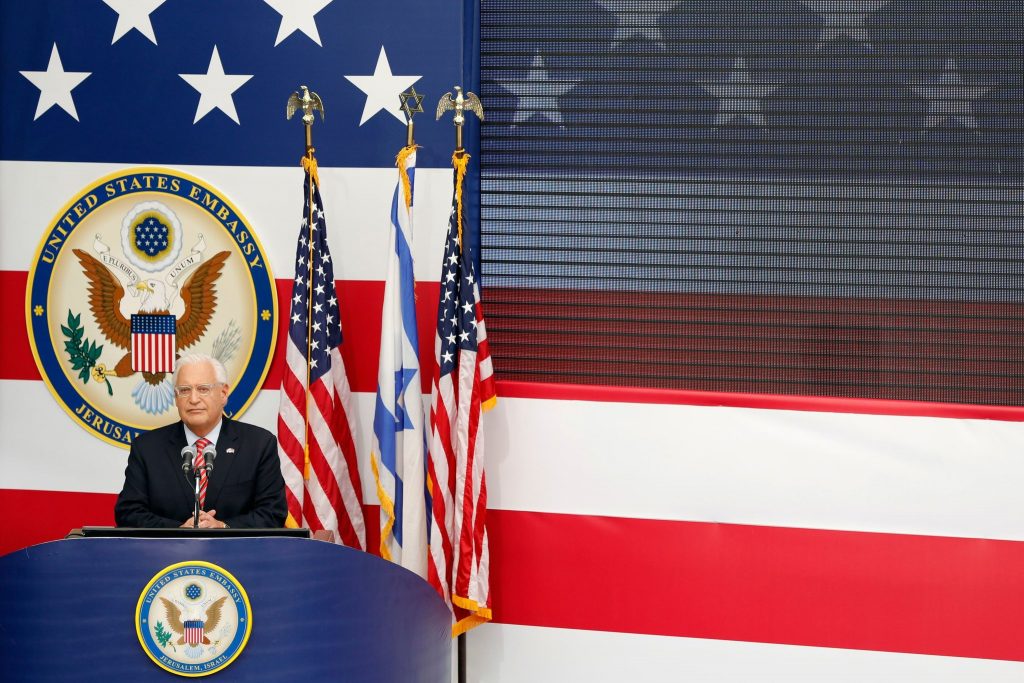
This image is property of static01.nyt.com.
Protocol and Etiquette
Diplomatic protocol
Diplomatic protocol refers to the accepted customs, rules, and procedures that govern diplomatic interactions and behaviors. It includes the formalities and rituals observed during official visits, meetings, and events. Diplomatic protocol aims to ensure that interactions between diplomats and officials from different countries are conducted in a respectful and orderly manner.
Official visits and ceremonies
During official visits, diplomats adhere to specific protocols and etiquette rules. This may include the exchange of formal greetings, the presentation of credentials, and the signing of agreements. Ceremonies and receptions are often held to commemorate significant events, foster relations, or celebrate cultural ties between countries. Diplomats are expected to dress appropriately, observe the correct order of precedence, and respect the customs and traditions of the host country.
Dress code and behavior
Diplomats are expected to adhere to a dress code that reflects the formality of diplomatic interactions. This typically involves wearing formal attire, such as suits or traditional national dress, during official meetings and events. Diplomats are also expected to behave in a professional and diplomatic manner, maintaining decorum and upholding the dignity of their position. They are expected to be discreet, respectful, and mindful of cultural sensitivities.
Diplomatic Challenges
Conflict resolution
One of the key challenges faced by diplomats is conflict resolution. Diplomats often find themselves in the midst of conflicts and disputes between countries and are tasked with facilitating dialogue and negotiations to reach peaceful resolutions. They employ various diplomatic tools, such as mediation, shuttle diplomacy, and peacekeeping missions, to bring parties together and find mutually agreeable solutions.
International crises
Diplomats are also responsible for managing international crises that may arise due to political, economic, or humanitarian emergencies. They must navigate complex and sensitive situations, often under intense time pressure. Diplomats work to de-escalate tensions, mobilize international support, and coordinate efforts to address crises effectively.
Cultural differences
Diplomats operate in diverse cultural contexts and interact with people from different backgrounds and experiences. Understanding and respecting cultural differences is crucial for effective communication and building relationships. Diplomats must navigate cultural nuances, customs, and practices, and adapt their approach to establish trust and rapport with their counterparts.
Diplomatic Relations
Establishing diplomatic relations
The establishment of diplomatic relations between two countries is a formal process that involves the exchange of diplomatic missions, such as embassies or consulates. It signifies the intention of both countries to engage in formal diplomatic ties and communicate on matters of mutual interest. The process typically involves the negotiation and signing of a joint diplomatic communiqué or a diplomatic note.
Maintaining diplomatic ties
Once diplomatic relations are established, diplomats work to maintain and strengthen bilateral relations between their countries. This involves regular communication, the exchange of visits, and the coordination of diplomatic initiatives. Maintaining diplomatic ties is crucial for fostering cooperation, resolving issues, and advancing mutual interests.
Ending diplomatic relations
There are instances where countries may choose to end or suspend diplomatic relations with each other. This can occur due to political disputes, conflicts, or other significant issues. Ending diplomatic relations involves the recall of ambassadors, the closure of diplomatic missions, and the cessation of formal diplomatic communication. However, even in such instances, diplomatic channels may still remain open for other forms of communication, such as through third-party mediators.
Diplomatic Careers
Paths to becoming a diplomat
There are various paths to becoming a diplomat. Many countries have formal recruitment processes, including competitive examinations and interviews, to select candidates for diplomatic positions. Others may recruit individuals with specialized skills or knowledge in specific areas, such as trade, economics, or cultural affairs. Additionally, some diplomats may enter the diplomatic service through political appointments or transfers from other government agencies.
Skills and attributes
Successful diplomats possess a range of skills and attributes that are essential for their roles, including:
- Excellent communication and negotiation skills
- Interpersonal and cross-cultural understanding
- Analytical and critical thinking abilities
- Adaptability and flexibility in a rapidly changing environment
- Problem-solving and conflict resolution skills
- Political acumen and strategic thinking
- Foreign language proficiency
- Knowledge of international law, politics, and economics
Advancement and opportunities
Diplomatic careers offer opportunities for advancement and professional growth. Successful diplomats may progress through various ranks within the diplomatic service, assuming positions of increasing responsibility and influence. They may serve in different diplomatic missions, represent their country in international organizations, or specialize in specific areas of diplomacy, such as disarmament, human rights, or trade negotiations. Many diplomats also pursue advanced degrees or undertake specialized training programs to enhance their skills and expertise.
Role in International Relations
Promoting national interests
Diplomats play a vital role in promoting and protecting their country’s national interests on the international stage. They represent their government’s positions on various issues, advocate for policies that align with national interests, and work to build alliances and partnerships that advance their country’s goals. Diplomats engage in active diplomacy, leveraging their relationships and diplomatic skills to shape international discourse and influence decision-making processes.
Representing government policies
Diplomats are the primary means through which governments communicate and implement their policies on the global stage. They express their government’s positions in international forums, negotiate agreements, and engage in diplomatic dialogues to advance policy objectives. Diplomats act as the conduit between their government and the international community, representing their country’s stance on issues such as human rights, trade, security, and climate change.
Contributing to global diplomacy
Diplomats contribute to global diplomacy by fostering international cooperation, mediating conflicts, and promoting dialogue between nations. They work towards finding shared solutions to global challenges, such as poverty, inequality, and climate change. Through their diplomatic efforts, diplomats contribute to the maintenance of global peace and security, as well as the advancement of common goals and values.
Conclusion
Diplomats and ambassadors hold the critical responsibility of representing their governments and countries in the complex world of international relations. Their roles encompass a multitude of responsibilities, from negotiating treaties to maintaining diplomatic ties and resolving conflicts. Diplomatic careers require a unique combination of skills, including effective communication, cultural understanding, and the ability to navigate political landscapes. As government representatives, diplomats and ambassadors contribute to global diplomacy, promote national interests, and work towards building a more interconnected and peaceful world.
